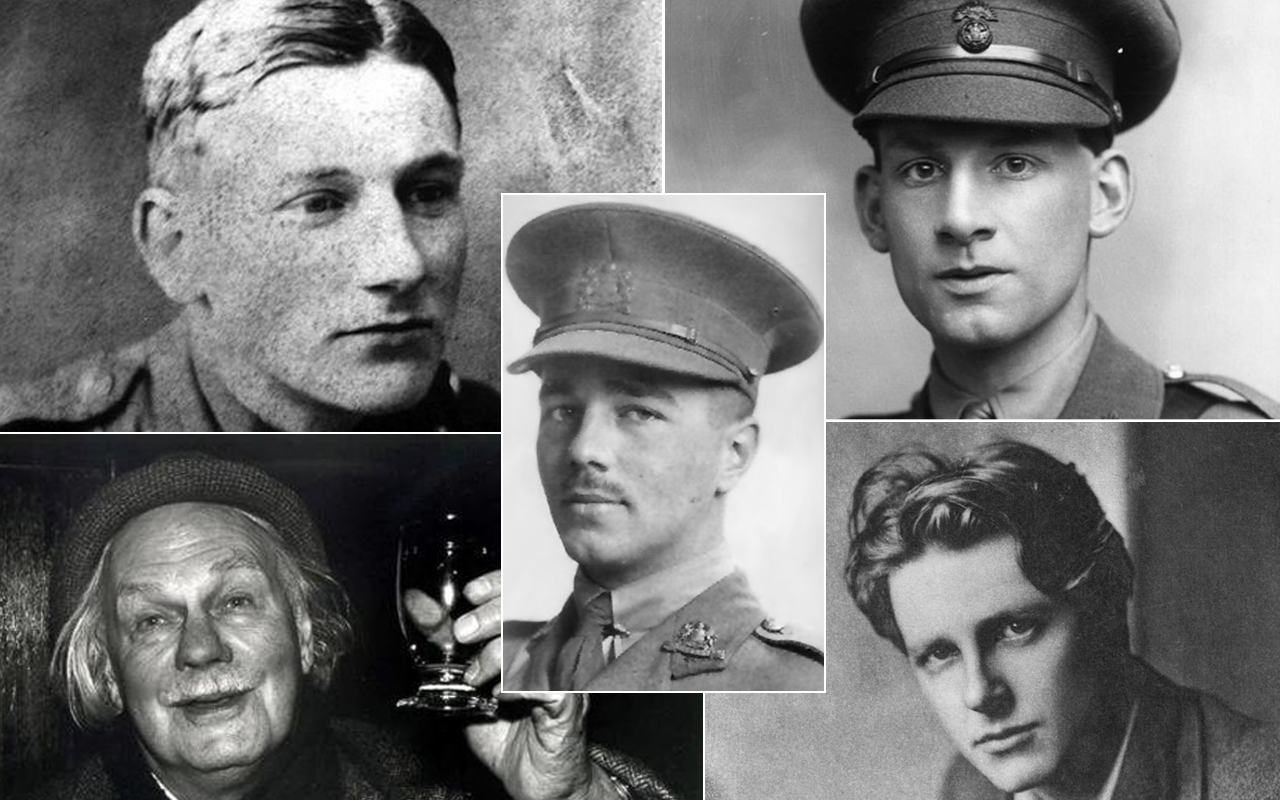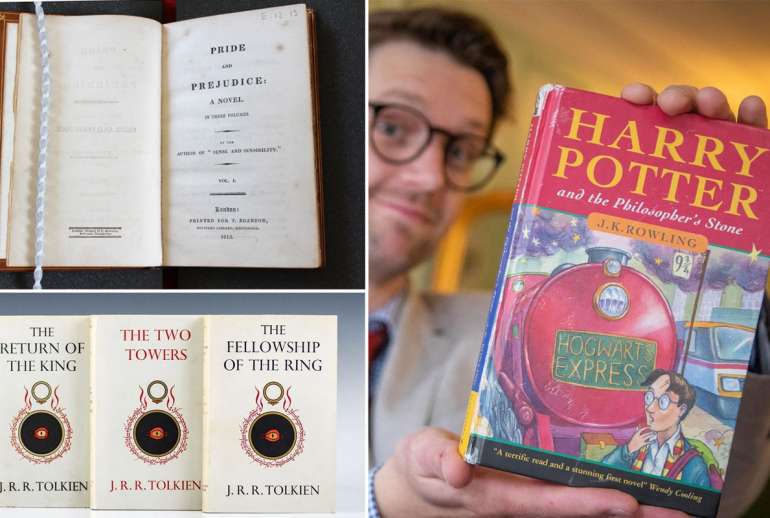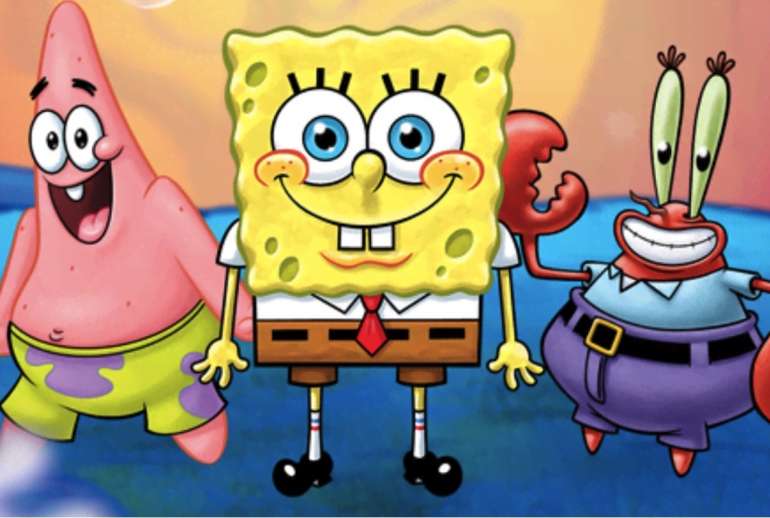Poetry is the last solace of the damned in the dungeons. The above statement neither reflects any masochism nor does it truly honor the valiant nature of the soldiers who put their bodies on the line in two horrendous and spine-chilling wars, the world witnessed in the twentieth century. Yet poetry was the morphine that kept these soldiers moving in foreign territories with a rifle in their hand and a ballad in their hearts.
There was absolutely no place for terror in the trenches. All they had was a rifle, revolver, and few packs of cigarettes that would often kiss their lips under heavy shelling. Millions of the soldiers died, many were left handicapped and those who survived the horrors of the war were left to tell the tales of travesty as their last swan song of the shattered dreams and the broken souls that died in the war. Today, on World Poetry Day 2022, we look at some of the very fine poets who not only contributed to the war but also wrote poems and poetries on the bloodshed.
Edmund Blunden
It would be an utter disgrace to not start the war poets list with a man who has been nominated for Nobel Prize in literature six times. Edmund Blunden was born in London and turned out to be the most prolific English poet, author, and critic. Enjoying his early days in the countryside, he had love for poetry since early childhood. The preordained poet was then commissioned as a second lieutenant into the British Army’s Royal Regiment and served the army till the end of war.
During his tenure, he was part of many military operations with most famous being the Battle of Passchendaele. Later awarded with many gallantry awards, he pursued his career in poetry writing some of the very famous poems inspired by war incidents including 1916 seen from 1921 and At Senlis Once.
Siegfried Sassoon
The English war poet, Siegfried Sassoon, was born in Kent, England. Being part of World War I, Sassoon served with the Royal Welsh Fusiliers and received a Military Cross for his bravery while bringing back a wounded soldier during heavy fire.
Famously known for his anti-war stance he once wrote in an open letter; “I am making this statement as an act of wilful defiance of military authority, because I believe the war is being deliberately prolonged by those who have the power to end it,” as a protest statement condemning the war. Some of his famous poetries include Suicide in the Trenches.
Wilfred Edward Salter Owen
Killed on the battlefield in 1918, Wilfred Edward Salter Owen was a poet born in Shropshire, England. Like mentor, like student, he was heavily inspired by the ideologies of Siegfried Sassoon and wrote poetries on the horrors of trenches. Most of his poetry collection was compiled in a span of one year and was published posthumously. Some of his famous works include Insensibility and Anthem for Doomed Youth.
Rupert Brooke
Very creative and fertile with his writing, Rupert Brooke was a young Englishmen who is widely reckoned for his war sonnets. The most famous of which he dubbed The soldier gained him crucial acclaim all over the world. The poet left heavenly abode while on a voyage with the British Mediterranean Expeditionary Force on 28 February 1915. Often known as the most handsome young man in England, the poet garnered enough praise for his works with the likes of The Dead and Peace.
Hamish Henderson
Hamish Henderson was a man who bore mental scars from his experiences in war and lived with them for the rest of his life. Often known as the founding father of Scotland’s twentieth-century folk renaissance, Henderson studied Modern Languages at Downing College, Cambridge in the years leading up to World War II where he imbibed the passion for poetry. Talking part in the desert war in Africa he wrote the famous poem Elegies for the Dead in Cyrenaica on the lives of soldiers in Africa.



